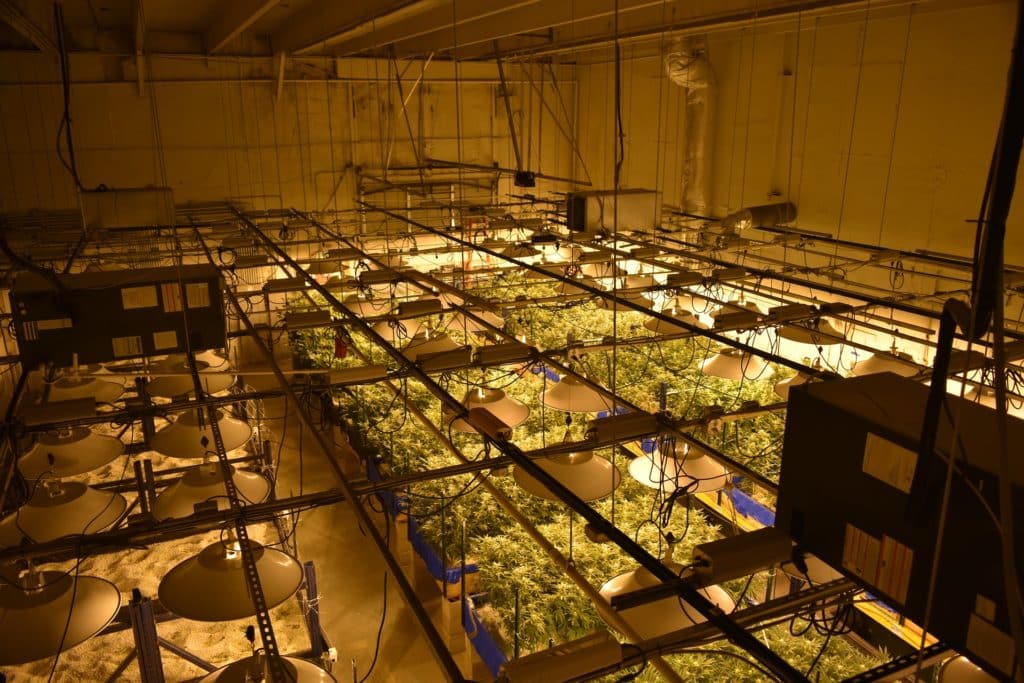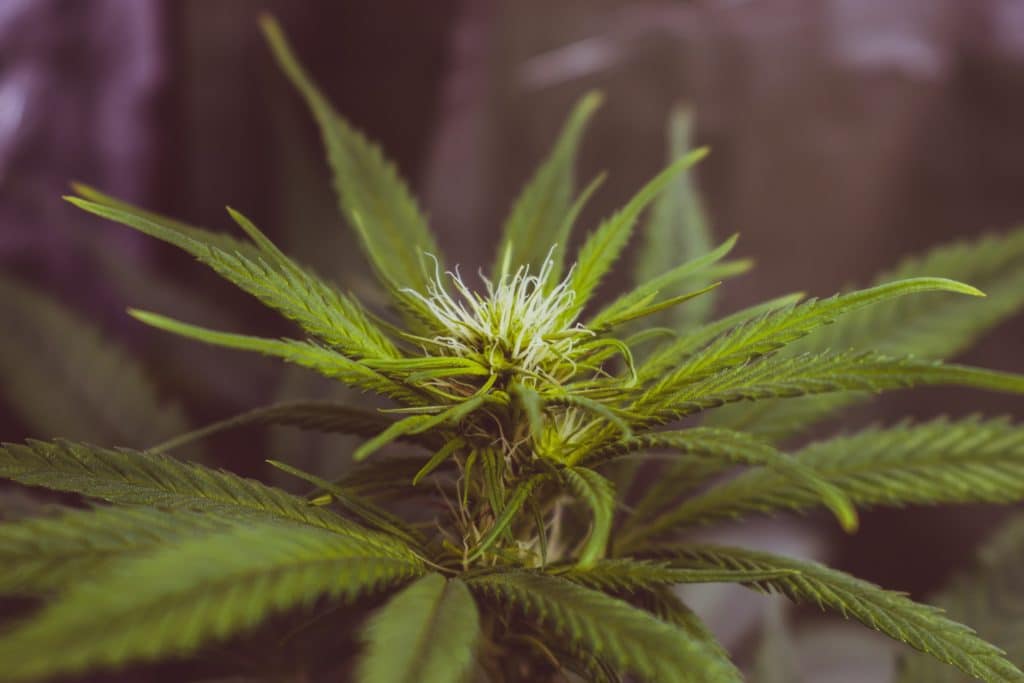The U.S. Drug Enforcement Administration (DEA) is proposing a significant increase in the amount of cannabis that can be grown for research purposes. It will bump up its current 2019 levels by almost 31%.
The idea, according to a Sept. 11, 2019 DEA press release, is to “meet the need created by the increase in the amount of approved research involving marijuana.”
The press release indicates that the DEA seeks to allow the cultivation of 7,000 pounds (or 3.2 million grams) of marijuana, to be legally grown in 2020 for scientific research.
“The aggregate production quota set by DEA each calendar year ensures that patients have the medicines they need while also reducing excess production of controlled prescription drugs that can be diverted and misused,” said the DEA’s Acting Administrator Uttam Dhillon.
“DEA takes seriously its obligations to both protect the public from illicit drug trafficking and ensure adequate supplies to meet the legitimate needs of patients and researchers for these substances,” Dhillon continued.
The move comes as the DEA continues its seemingly stalled process of licensing additional research cannabis growers.
Dumping the ditch weed
For the past fifty years the only legal cultivator of cannabis in the country has been the University of Mississippi.
Scientists and researchers have constantly complained over the years about Ole Miss’s subpar quality and sometimes moldy cannabis, saying it more closely resembles hemp than commercially available legal marijuana, thus making their investigation difficult or impossible.
Cannabis industry and scientific community laud the move
“We are looking forward to taking a leadership position with them as they expand their scope into THC in addition to CBD (2018 Farm Bill), as this will expedite much-needed research,” said Derek Du Chesne, Chief Growth Officer of EcoGen Laboratories.
“Essentially, it will diminish the red tape that’s been holding back American companies and American universities who previously have been banned from researching due to federal funding from discovering the true potential of cannabinoids,” Du Chesne said.
Public comments will be accepted on the proposed quotas through October 10.





